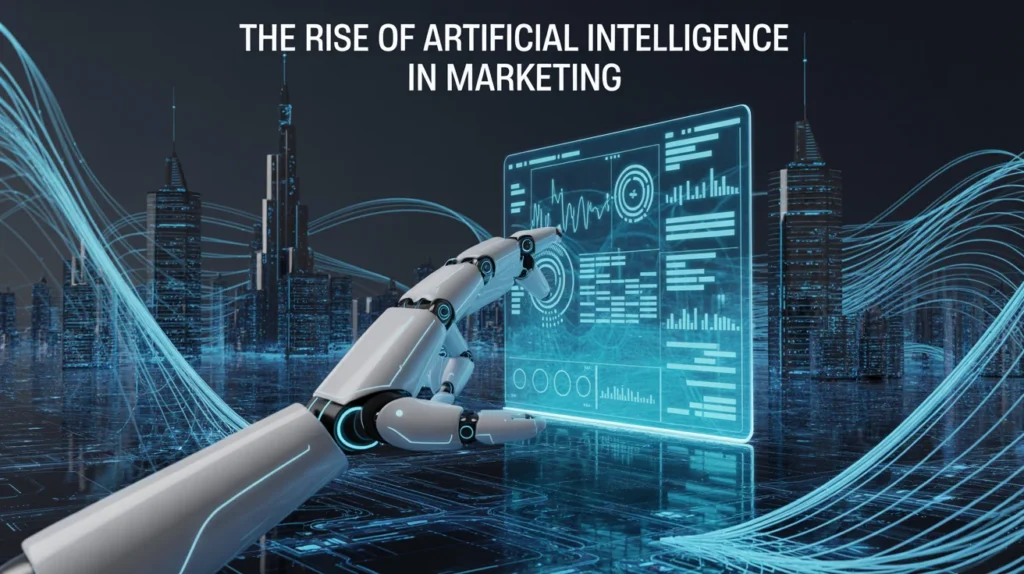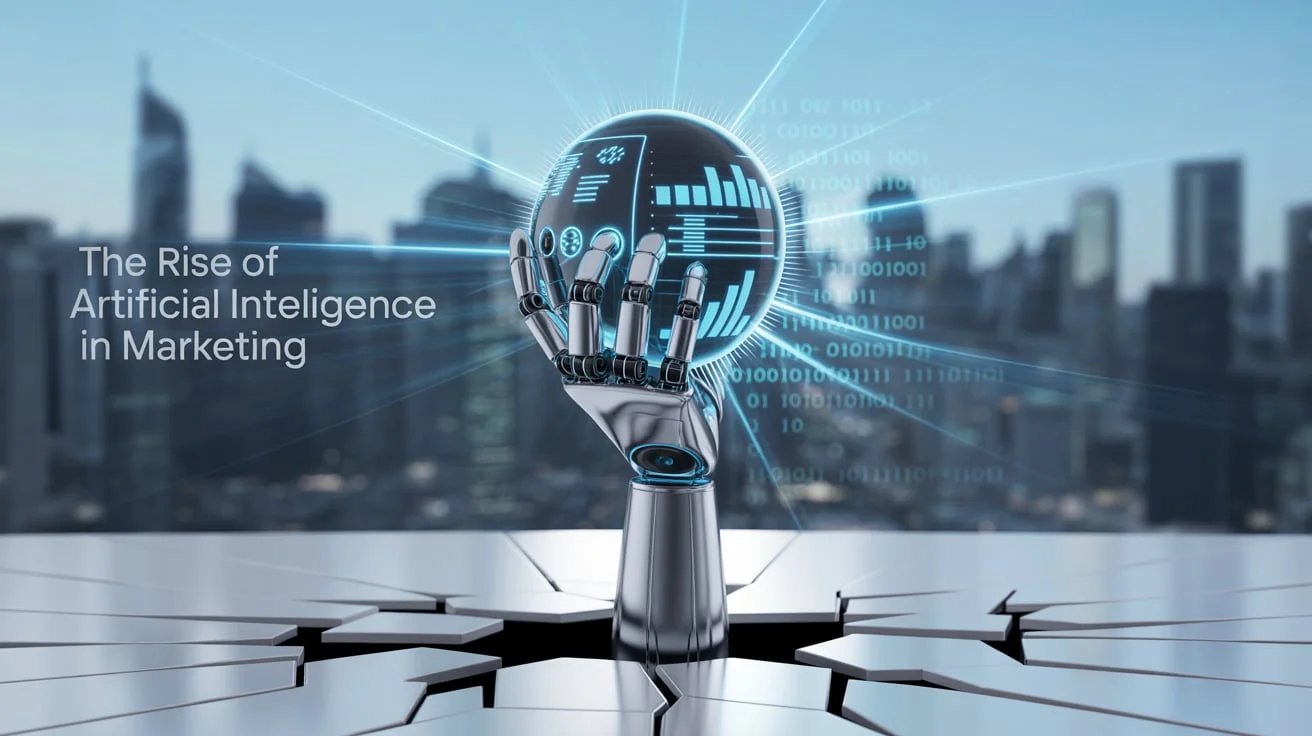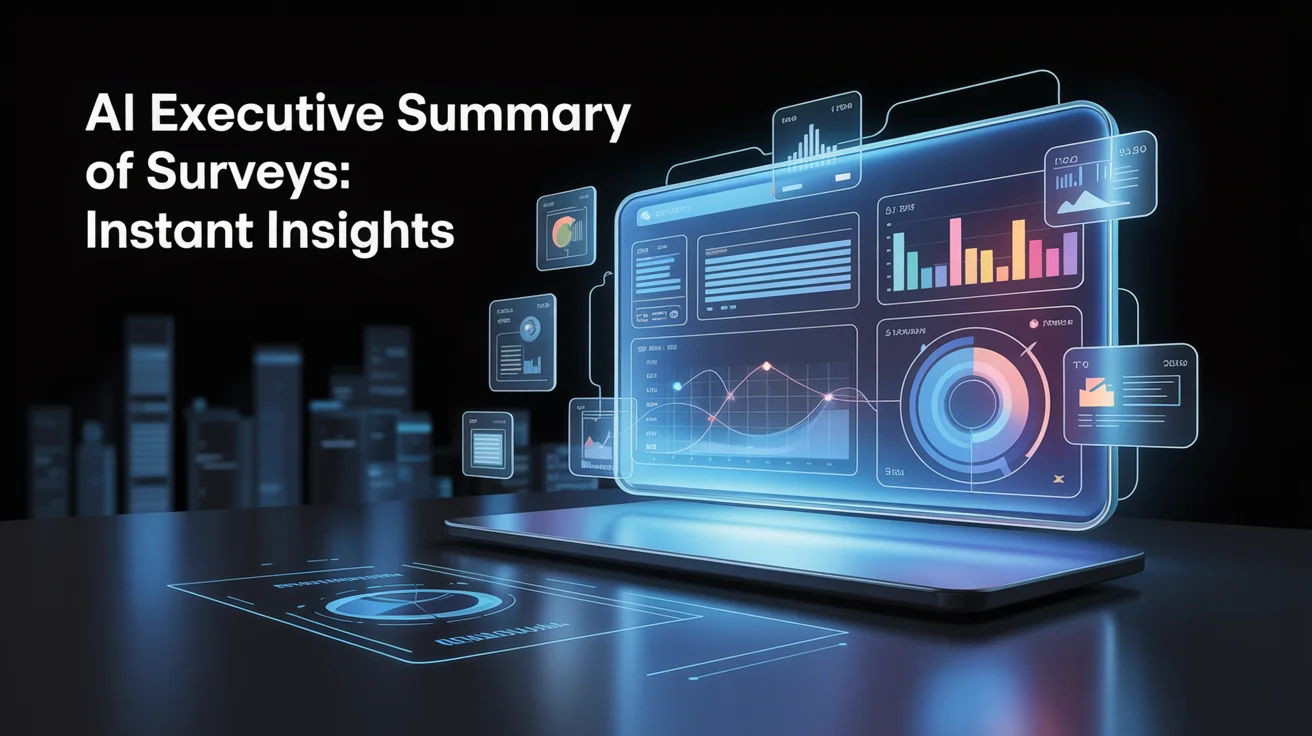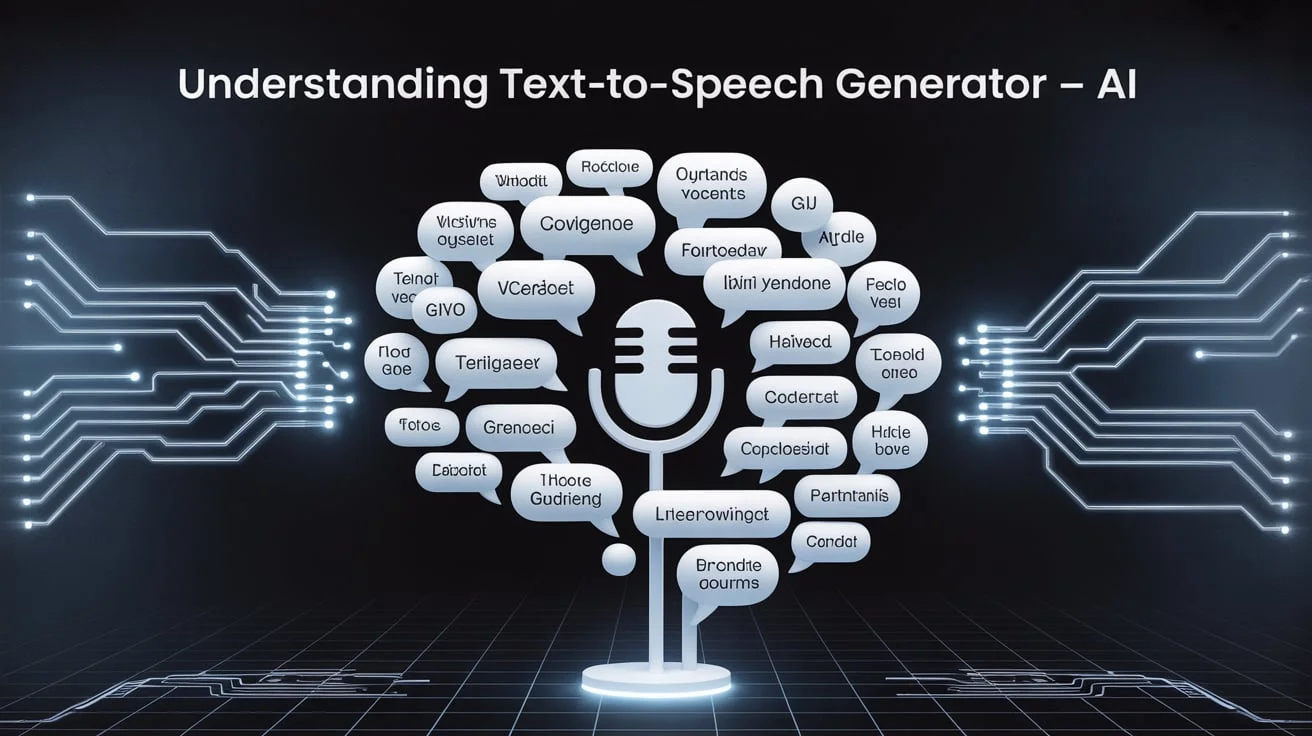Artificial intelligence in marketing has changed how businesses understand their customers. With the help of innovative tools and real-time data analysis, marketers now make quicker and better decisions. It’s not just about selling more. AI creates personal and engaging experiences for every customer.
AI has become the backbone of digital strategies, from predicting trends to automating campaigns. It not only saves time but also increases returns. Let’s explore how this cutting-edge technology is shaping the future of marketing.
How AI Is Transforming Customer Engagement
AI tools have the power to understand customer behaviour like never before. Marketers can now accurately segment audiences, design personalized offers, and engage customers in real time. This transformation creates a more human-like brand connection.
Using chatbots, voice search, and recommendation engines smooths every user journey. Instead of guessing what the customer wants, AI predicts it using past data.
- AI-powered chatbots give instant responses to customer queries.
- Machine learning helps in creating highly targeted campaigns.
- Voice recognition tools boost customer experience on mobile devices.
Brilliant Content Creation with Artificial Intelligence
Creating content that connects emotionally and performs well online has become easier with AI. Tools powered by machine learning analyze the best-performing headlines, visuals, and keywords.
Content creation has shifted from being fully manual to AI-assisted. Writers now use AI tools to generate ideas, check tone, and improve grammar.
- AI tools suggest headlines based on current trends and data.
- Natural Language Processing (NLP) helps create SEO-rich content.
- Marketers save hours by automating topic research.
Predictive Analytics: The Marketer’s Superpower

Predictive analytics is helping marketers make future-ready decisions. Instead of reacting to market trends, businesses can now prepare in advance.
AI analyzes data from social media, customer reviews, and past campaigns. It identifies patterns that humans often miss.
This capability helps marketers focus budgets on effective strategies. It reduces trial-and-error and leads to faster campaign success.
Benefits of Predictive Analytics in Marketing
- Forecast customer behaviour based on past actions.
- Identify high-value customers before competitors do
- Optimize ad spending and improve ROI
Hyper-Personalization for Maximum Impact
AI enables hyper-personalization by processing data from multiple touchpoints. Every time a customer visits a website, opens an email, or scrolls through social media, AI learns more about them.
This deep knowledge helps businesses offer exactly what customers want, when they want it. Personalized content increases engagement and boosts sales.
Companies using AI personalization see higher customer loyalty and better brand perception.
Data-Driven Campaigns That Work
In today’s digital world, random marketing no longer works. AI uses data to drive every decision. Data is the key to choosing the right channel to designing the message.
AI tools collect data in real-time, helping brands adjust their campaigns instantly. This improves performance and reduces cost.
- Dynamic ads change based on user behavior
- Email campaigns adjust content based on user preferences
- Real-time dashboards track campaign success live
AI and Automation: A Match Made for Efficiency
Automation powered by AI has removed many repetitive tasks from marketing. Automation allows teams to focus on strategy, from scheduling posts to managing leads.
Marketing automation is not just about saving time. It ensures consistency and eliminates human error. AI tools also suggest the best times to post and the best platforms to use.
This results in better performance and higher productivity.
Visual Recognition and Social Media Listening
AI’s visual recognition tools can identify products, logos, and even emotions in images. This is extremely useful for analyzing user-generated content on social media.
Social media listening powered by AI tracks brand mentions and customer sentiment. It helps marketers respond quickly and smartly.
- AI identifies brand influencers and trending topics
- Sentiment analysis helps detect negative feedback early
- Visual tracking helps measure brand visibility
Ethical AI Use and Data Privacy
Using artificial intelligence in marketing also comes with responsibility. Brands must ensure data privacy and transparency, as misuse of AI can lead to customer distrust.
Ethical AI means clear data policies, consent-based personalization, and fair algorithms. Customers appreciate brands that use their data wisely.
Maintaining trust is as important as using the latest tools.
Future Trends in AI Marketing
AI will continue to evolve and influence more marketing areas. From virtual assistants to emotion-based ads, the future is exciting. AI won’t replace marketers, but it will make them more powerful.
Brands that adapt early will stay ahead of the competition. The focus will be on building long-term relationships through more innovative tools and data-driven insights.
Conclusion:
The use of artificial intelligence in marketing is not just a trend; it’s a transformation. Businesses embracing it already see stronger customer connections, better engagement, and higher ROI.
AI brings marketing and technology together. It turns guesswork into strategy, and chaos into clarity. Whether you’re a startup or an established brand, AI can take your marketing to the next level.
Frequently Asked Questions:
Q1: What is artificial intelligence in marketing?
It uses AI tools and algorithms to analyze data, automate campaigns, and personalize marketing strategies.
Q2: How does AI improve marketing performance?
AI increases accuracy, automates tasks, and delivers data-driven insights that improve customer engagement and ROI.
Q3: Is AI in marketing only for big businesses?
Many AI tools are affordable and designed for small and medium businesses.
Q4: What are the standard AI tools used in marketing?
Popular tools include chatbots, email automation, predictive analytics, and content creation platforms.
Q5: Are there any risks in using AI for marketing?
Yes, data misuse or poor automation can affect customer trust. Ethical use and privacy protection are essential.




